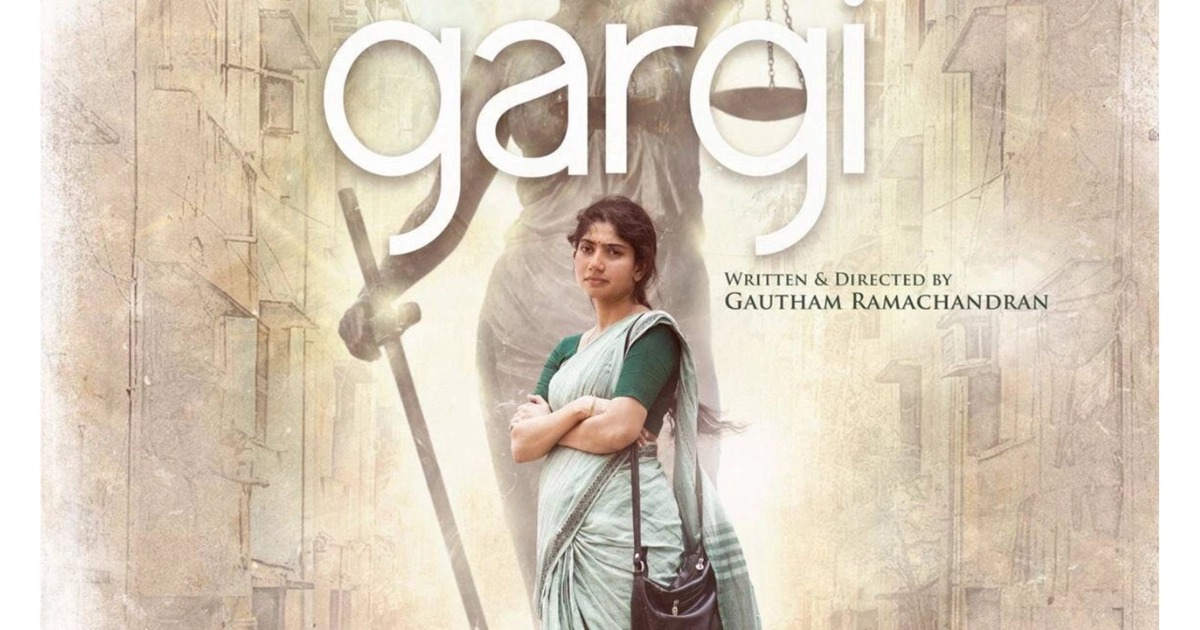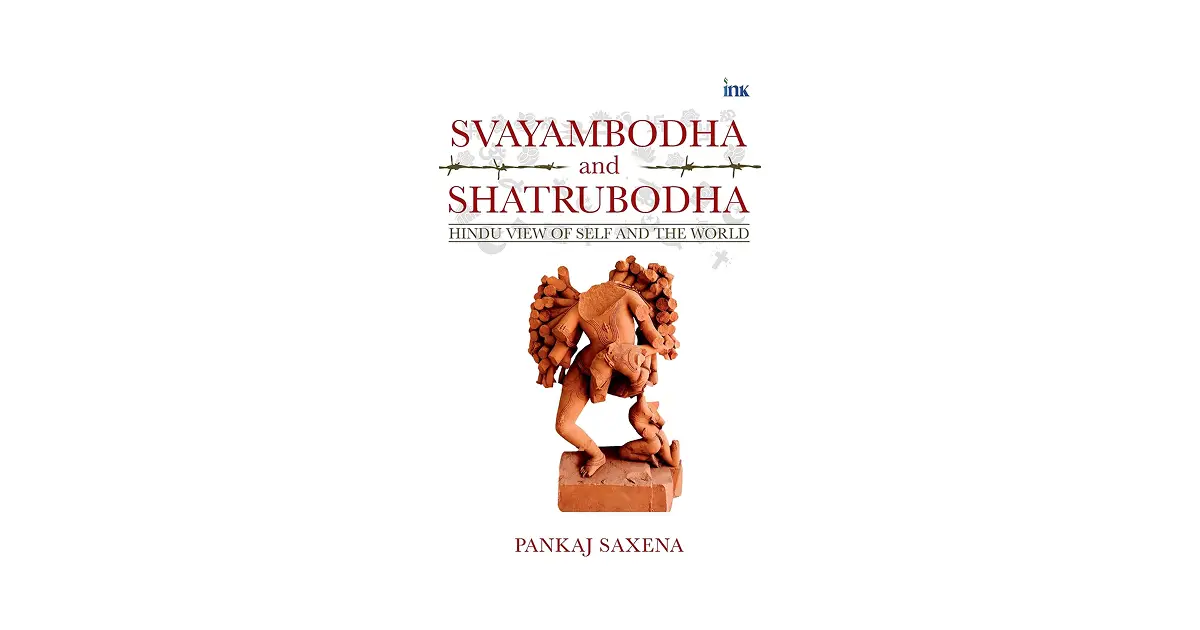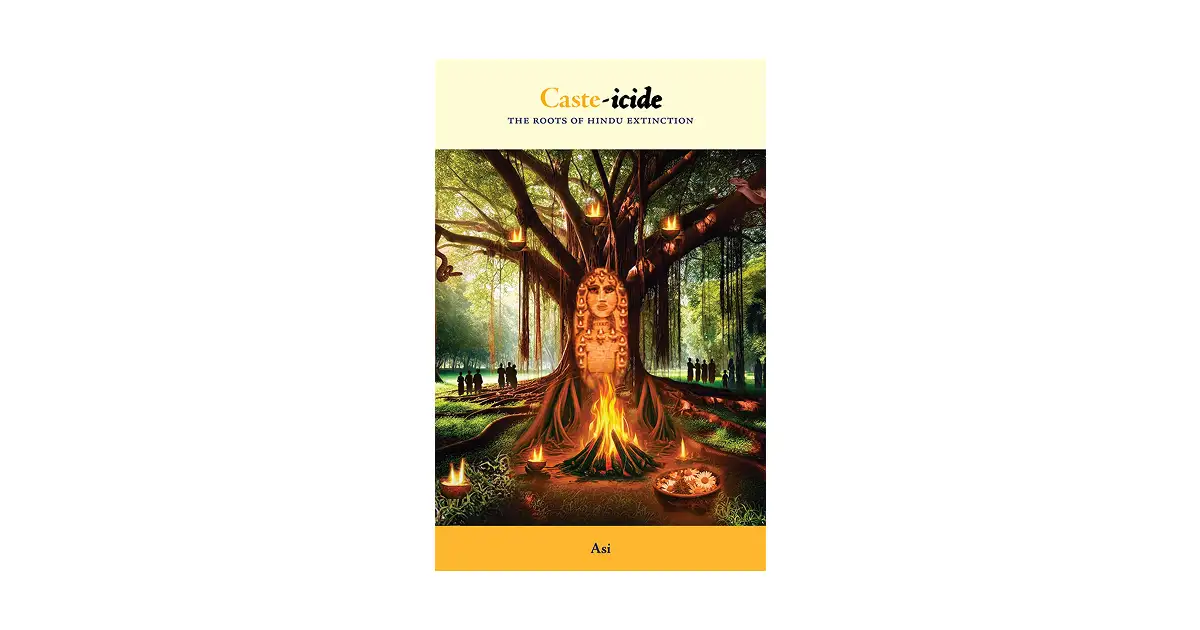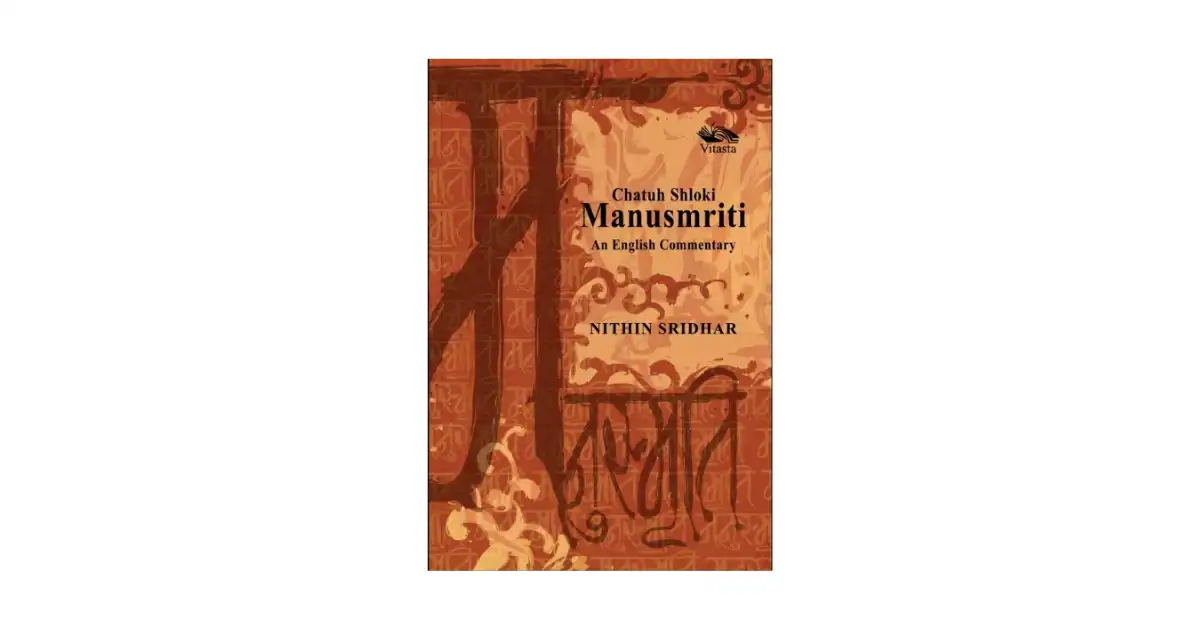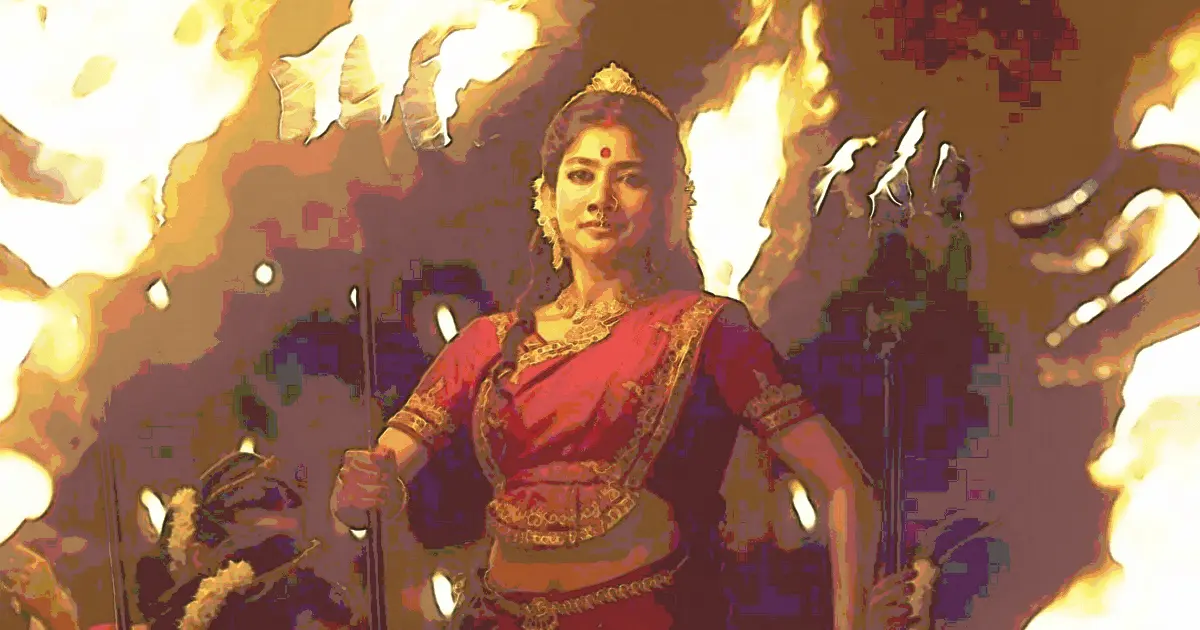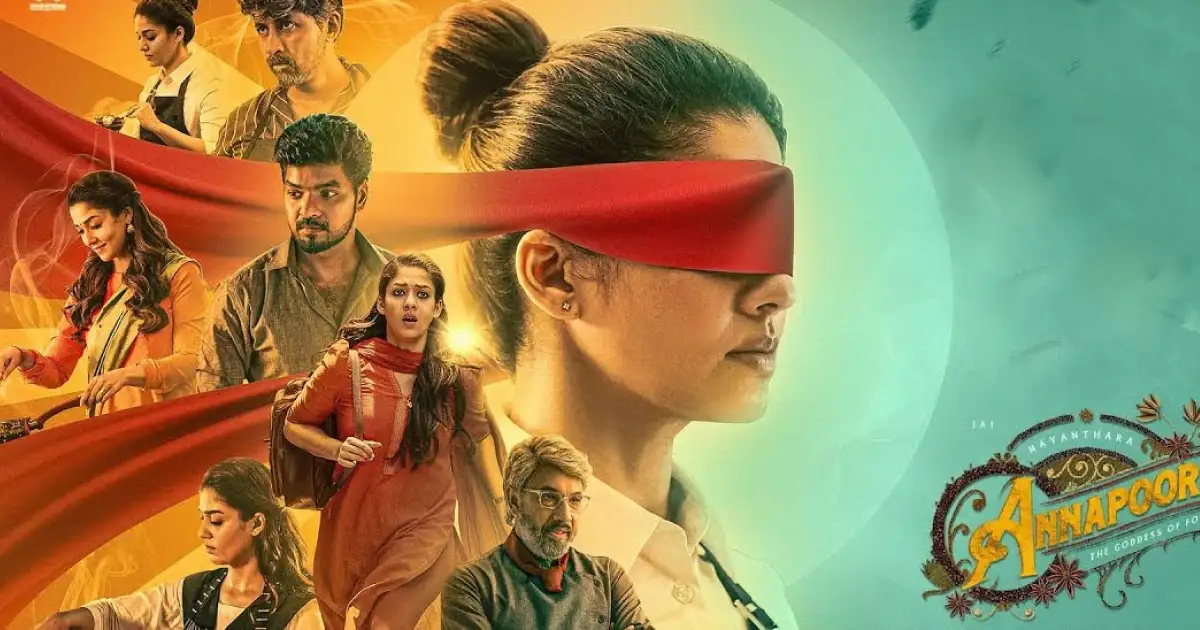In the final scene of the movie ‘Gargi’, there is a dialogue where a lady journalist calls up Gargi’s younger sister at the time of her first menstruation celebration, and tells her that being born a woman is a struggle, anyone can become her enemy. She tells her to become strong, discard the old regressive ways of thinking, and never consider her setbacks to be final. It's a beautiful ending, backdropped by an image of a church and Jesus Christ (accompanied by a subliminal messaging that embracing them is 'progressive'). However, there is a mystery which remains unsolved in the movie.
Spoilers ahead.
Written by Hariharan Raju and Gautham Ramachandran and directed by Gautham Ramachandran, the movie has Sai Pallavi playing the titular role of Gargi. A lower middle class school teacher about to be wed, whose world is turned upside down when her father is arrested for the heinous gang-rape of a child.
Committing a crime is a shameful thing, but having familial ties with someone accused of rape is looked at with repugnance in society. The movie does a commendable job of showing the reality from the perspective of the family of the accused, a rare approach. In a slow paced narrative, the viewer is acquainted with all the emotions going on in the head of the lead - fear, disbelief, shock, determination. It is the pain of a daughter, on whose shoulders lie the responsibility of the family, to prove the innocence of her father and restore their family’s dignity. In the process, she sees the true face of many people upon whom she relies. Her fiance asks her to ditch her father and move cities with him to start a new life. Their family friend, a noted lawyer, pulls out from fighting the case because the Bar Association forbids anyone to fight for the rapist and so on.
Soon the viewer finds himself rooting for Gargi. What if her father was actually innocent and caught in a botched-up investigation process? Does an innocent man really deserve going through hell for someone else’s crime? Is it not a mirror on the insensitive society which treats an accused as convicted and starts boycotting an innocent family without any empathy?
These are hard questions, and they are dealt with sensitivity in the movie. Then, the movie seamlessly stitches the story of another daughter - the gang-rape victim, who in this case, is a nine year old child. The depiction of the crime is heart rendering. While not graphic, it is enough to stir the consciousness of any viewer - just imagining a child who had to endure such monstrosity. As blood is shown dripping down the staircase where the crime is committed, it is lost on no one; that the child has been robbed of something very precious, something that can never be regained. It is most tragically articulated when the father of the victim sobs:
She doesn’t even recognize me as her father anymore, just as another man.
In between the tale of these two daughters hangs the man, Gargi’s father, the fifth accused perpetrator in the gang-rape. He is shown as a diligent father, who has done everything in his capacity for his family - a regular, honest, everyday guy. He may be poor, but he is not without principles.
He is the one who protects Gargi from a predatory teacher during her childhood. He is a hero to his daughter in every sense of the word. The movie betrays no sense of his guilt in the entire buildup to the climax. The twist at the end however, after successfully securing bail for the father, is wholly unexpected.
Therein Lies the Mystery
The movie is direct in its depiction of the first four rapists - migrants with criminal tendencies, committing the crime at the first opportunity they get. But, what explains the fall from grace of a loving father living in a respectable society? A momentary slip is all it takes to nullify a lifetime of struggle.
The fifth accused has two young daughters. He is not shown to be a man without conscience. Yet, he does commit the crime and remains nonchalant about it through the entire month that the police are investigating the crime. Moreover, he convincingly lies to his family about his innocence when out on bail. The only time his conscience pricks him, is when his daughter confronts him with the victim in front of the judge, and he folds his hands in apology.
The writer and director of the movie cannot be accused of presenting something which is out of touch with reality. Predators lurk among us under masks of perfectly respectable people in society. But, in this case the man was shown to be scrupulous, with the awareness that a woman’s honor is sacrosanct. He protected his own daughter when he was young, so what explains his irredeemable action at the sight of an injured child?
Is Everyone an Enemy?
Leaving this question unanswered is the reason why the film concludes with the scene it does: Women must be strong for no man is trustworthy. It calls for a positive outcome, but from a negative a priori. Women must be strong, women should be free. Yet strength and freedom in the true sense is that which comes from inner resolve.
In a courtroom scene when the prosecution counsel taunts the decision-making capability of the transgender judge, she thunders: I am the best person to judge this case because I know both: the pain of a woman, and the arrogance of a man. It is a powerful sentence in the context, but to reduce the genders to such tropes is excessive.
The film leaves the audience with the final message that women must be strong, but what is the lesson that men must draw? The film does not add to its scope the need for men to be educated better. It does not risk going into the impulses, the nature, and the cure of this erratic male behavior. It just leaves one with the message that women must be strong, for any man, at any time, can turn into a potential rapist.
Why is there a clearly observable increase in such heinous crimes today, though the data is questionable? Is it due to increased reporting on the same? Is it caused by the simplest yet most critical of factors - like mass access to the device called the cell phone? Or is it the exponential increase of mass media, and the mass titillation which is being promoted all around today? The impact of all of these are much greater than they were say even ten years ago.
Rape, as a crime, is as old as humanity. However in a civilized society, how is it conceivable to reach such a point where a woman has to doubt the intentions of all men? Is the tardy pace of the justice system the reason?
Unless the root cause is identified and worked upon, without reducing it to simple tropes, the problem won’t be solved.
Case for Tradition
Indian tradition does not serve to bind but to liberate. Liberation from desire through indriya nigraha (control of the senses) is preferred, to having all desires fulfilled through an unqualified ‘freedom’. At this juncture of modernity where instant gratification is prioritized, it is rituals and tradition which can anchor both the genders as fulfilling members of the society.
Films can and should explore this dimension of Indian culture to promote mutual respect and responsibility among both genders, as opposed to making them enemies of each other.
Though ‘Gargi’ is a movie depicting the strength of a woman, it is men who must take the primary lesson.
The strength of women must be matched by the responsibility of men, and both members must endeavor to learn and uphold dharma in their respective roles.
